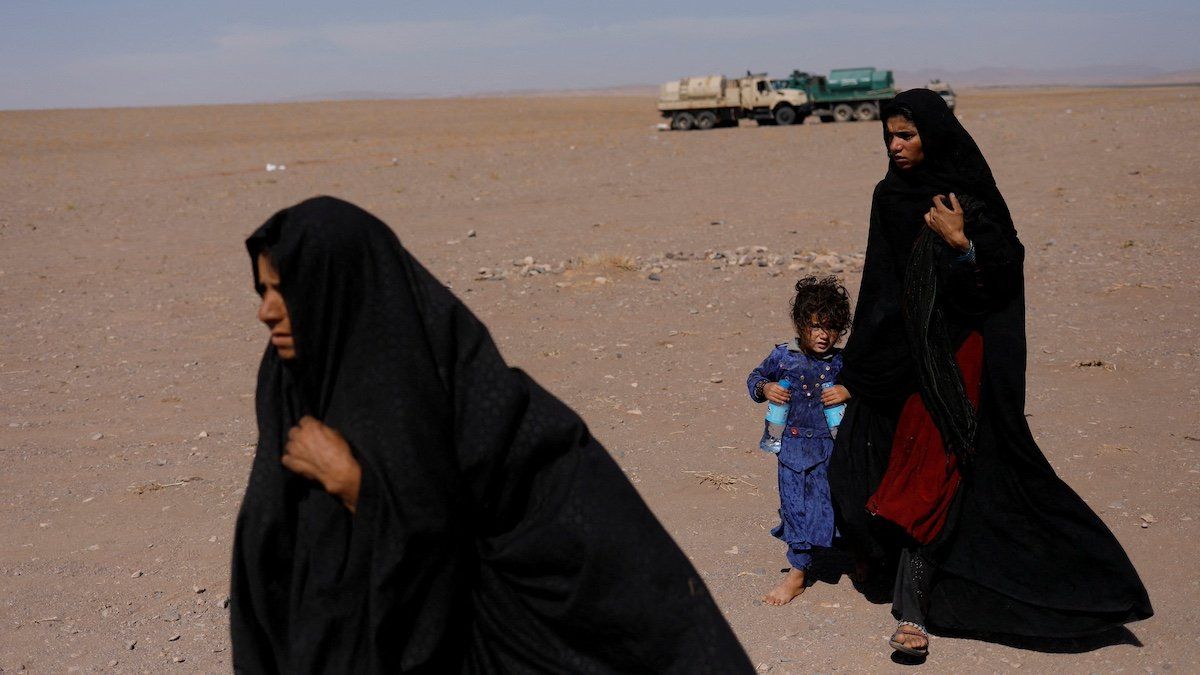2 million: The United Nations has called for an investigation into reports that Iran’s security forces opened fire last weekend on roughly 200 Afghan migrants who had entered the country illegally, killing an unknown number of them. Iran has threatened to deport as many as 2 million undocumented Afghan migrants who live in the country as refugees from decades of war and famine in their home country.
25: There’s no free lunch, they say – but if there were, you certainly shouldn’t use the money to buy acne treatment pads, wine glasses, or laundry detergent. Meta has fired around two dozen employees in its Los Angeles office after they were caught using the company’s $25 meal allowances to purchase household items.
5: Venezuela has arrested five foreigners, including three Americans, on charges of terrorism. Since winning a heavily disputed election this summer, President Nicolas Maduro has cracked down on the opposition, accusing it of collaborating with foreign intelligence operatives. The recent arrests bring to 12 the number of foreigners detained in Venezuela.
10: The US and NATO allies on Thursday
marked 10 years since the start of their campaign to defeat Islamic State, often referred to as “ISIS.” On the plus side, the terror organization was rooted out of its modern “caliphate” strongholds in Syria and Iraq. On the minus side, it has shown a growing presence and capability in the Sahel, where some local governments are pushing out Western forces, and Central Asia, where Islamic State is
at war with the Taliban in Afghanistan and has managed to
carry out attacks in Russia.
